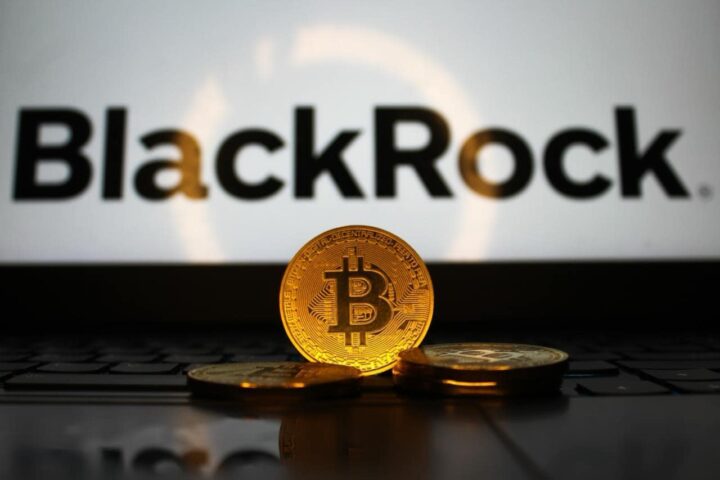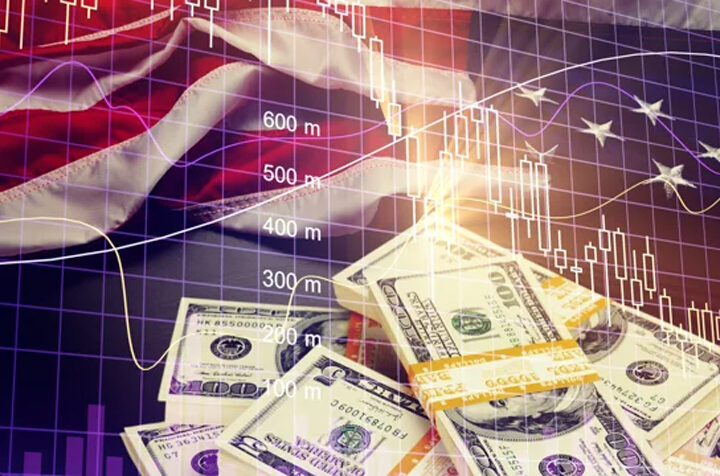By Craig Erlam
Stock markets were making small losses on Tuesday, while US futures were relatively unchanged.
The recovery rally has lost momentum in recent sessions, which is understandable after that jobs report. That’s not to say optimism can’t and won’t return, but that wages component was a huge body blow. Investors are a little winded and it may just take a little time to get their breath back.
The PPI data on Friday could offer a helping hand on that front, but even then, it will be hard to ease the concern Fed policymakers will undoubtedly have about the pace of wage growth, consumer resilience and the still large savings buffer. None of this aligns with a swift and relatively pain-free return to 2% inflation.
RBA maintains flexible approach
The key takeaway from the RBA meeting on Tuesday was flexibility. There is no pre-set path and while policymakers expect to need to raise rates at upcoming meetings, the data will dictate if so and by how much. That doesn’t help investors gage exactly what we can expect from the Australian central bank, but in such uncertain times, that makes a lot of sense.
And you can see that reflected in the interest rate probabilities for the first quarter of next year. As it stands, no change or 25 basis points in February is a coin toss, while 3.35% in March (25bps above the current rate) is seen as being 50% likely with 25bps either side around 25% each. Clearly the RBA’s communication strategy is going to plan.
Households feeling squeeze
It will come as a surprise to no one that UK consumer spending remains subdued, with BRC reporting a 4.1% annual increase. With inflation running at 11.1%, spending is falling well behind, as is the case with wages, which suggests people are buying less and being more selective with what they do this festive season.
Again, what can you expect when the economy is probably already in recession amid a terrible cost-of-living crisis that hurts those worst off most. The road to recovery for the UK is going to be long and painful, it seems.
The only guarantee for oil markets
It’s been a volatile start to the week in oil markets, continuing in much the same way we ended last, with traders still working through the announcements from the G7 and OPEC+, as well as the latest Covid moves from China. In many ways, none of the above improve visibility in the crude oil space; they actually make the outlook more uncertain.
But the initial response to the above has been negative for crude prices, with the loosening of Chinese Covid curbs not enough to offset the $60 price cap and unchanged OPEC+ decision. The cap is viewed as business-as-usual for now, with Russia reportedly selling below these levels already and improving its ability to get around the sanctions. Which means output remains broadly steady.
The move from OPEC+ was probably driven by the lack of visibility on China and Russia, but as the group has warned in the past, should prices fall too far and the market become imbalanced, it won’t wait until the next scheduled meeting to respond. It seems that the only thing guaranteed in the oil market for now is volatility.
Gold paring losses
The dollar recovered strongly on Monday as trade became increasingly risk-averse, hitting gold and forcing it back below $1,800 where it briefly traded above. It attempted to pare those losses on Tuesday, up around half a percent on the day, but it may struggle in the short-term.
It’s been an incredible recovery until now, but Friday was a massive setback. We now have to wait for PPI on Friday for some good news, with Federal Reserve policymakers in the blackout period ahead of the final meeting of the year, next week.
Stabilising?
The risk-reversal trade on Monday took the wind out of bitcoin sails, not that it would have taken much in the circumstances.
It’s trading back around $17,000 where it has spent most of the last week, which the community will probably be relieved about. Anticipating what’s going to come next for cryptos feels incredibly difficult and dependent on the ongoing fallout from FTX.
To reiterate what I’ve said recently, silence is bliss.
Craig Erlam is Senior Market Analyst, UK & EMEA at OANDA
Opinions are the author’s, not necessarily that of OANDA Global Corporation or any of its affiliates, subsidiaries, officers or directors. Leveraged trading is high risk and not suitable for all. Losses can exceed investments.







